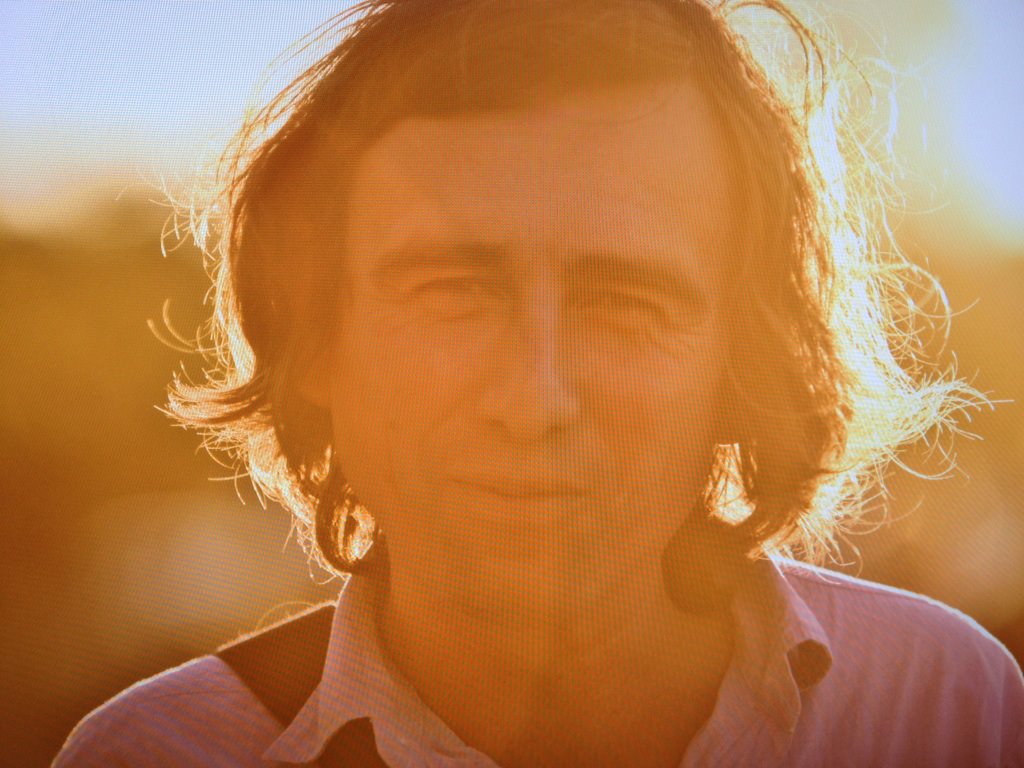Sunday | 20. July. 2014
PULA CONVERSATIONS: Darko Šuvak
Darko Šuvak, director, screenwriter and producer of feature-length film Happy Endings
Could you briefly present the film for us.
The film talks about the fact that solving serious life issues very often includes changing ourselves and that is something we are rarely willing to do. Because it is not unconditional that the biggest problem in our life is also the most important one. The backbone of the moral of the story is a crime of necessity. We are living in a time when the perception of the good, or let’s say, normal life, is very important. For that kind of lifestyle one needs money. And money might not be important but when you find yourself in a situation when you need just a little bit of money to prevent cataclysm, or a change for the worse, what can you do?
I was interested in a moment when you make that decision, which I think is profoundly feminine. That is the moment of practicality, a down-to-earth approach to solving problems. To go to a bank and solve a money problem. Of course, a question of morality is always present but when you are faced with a life in a capitalist society, which is definitely not formed through fair play, the ‘YES’ or ‘NO’ to robbing a bank that itself acts like a thief, becomes secondary. The primary issue becomes to do what has to be done. This is not theft committed so as to ensure personal well-being or enrichment, or theft caused by poverty, but rather a crime committed in order to preserve one’s dignity. Unsustainability of life that is plainly ordinary on the surface. Hidden anxiety caused by money problems is fatal and the moral imperative is led by the survival instinct. Being freer in prison.
What does the title Happy Endings mean and why is it in English?
Let me just say that the film is completely and very Croatian and that the English title Happy Endings, among other things, is the informal name for the explicit finale of a massage session. See the film and be the judge of why that title and whether it can be translated. At one moment, the film was named “With Your Own Hands”. If I had to translate it, that would be the Croatian title.
What was the first idea, the first spark that started the film?
A newspaper article on a Croatian female robber that I read on a Croatian web portal. I sent the link to a friend of mine who said: That’s a film. Bam!!!
What made you want to direct after having built a DOP career?
I wanted to tell a story. In this case, I needed more than a camera, a film frame and light. I needed actors, a screenplay and collaborators. It felt very natural to be directing a film and I think that helped me to develop further as a film professional. This film was neither my trip to the world of directing nor my giving up on my DOP career.
Did you think about serving also as cinematographer on the film?
Yes. For about ten minutes. Happy Endings is a challenging film in terms of working with actors and I thought it would be best to leave cinematography to somebody who was not just going to focus on photography but who would form a visual style. I’ve known Branko Linta since high school when we made amateur films together. We understand each other pretty well. He achieved exactly what we agreed on – simple and functional photography.
How come you made your directorial debut in Croatia and not in the USA?
I found a topic that intrigued me. I come to Croatia often and it seems to me that I know the mentality and the context sufficiently so as to dare to make a film on such a topical issue. The bank robbers’ phenomenon, a whole series of cases that occurred in the last couple of years in Croatia while I was working on the screenplay in America, was just an additional push for me.
Where did you shoot the film?
Twenty-one days in Zagreb in February and March this year. Mostly in Jelkovec and in the city.
How hard or unusual – or simple – was it for you to be involved with directing and to leave cinematography to Branko Linta? Or did you constantly ‘peak through the camera’?
I would take the camera every once in a while. We had three cameras. With some intimate moments, I felt it was easier to take the camera and shoot it myself that to explain. Of course, I had my opinion in terms of the selection of lenses, light and framing, but I believe film is a collaborative art and it is not specified on the result whose idea is what. It felt very liberating to have so many top cinematographers working with me. Almost all of the greatest Croatian cinematographers worked on the film as camera operators.
What do you think of the idea to place feature-length and documentary films as well as minority co-production in the same competition section at this year’s Pula?
Seems like very powerful experimenting. Why not, if it turns to be the key to a good festival? I’m personally not sure national festival should be mixed with co-productions and films from other cultures. Why not have a small Croatian programme and a bigger programme including, for example, countries bordering Croatia? I will not go on about this because I believe everyone has their own idea about a good Pula fest. The most important thing is that it is still alive and that it is actively changing. That might in fact be the best and the most long-term concept, especially in the time when constant and intensive changes in all aspects of life, technology and value systems – are the only sure thing. Of course, tradition is the key.



